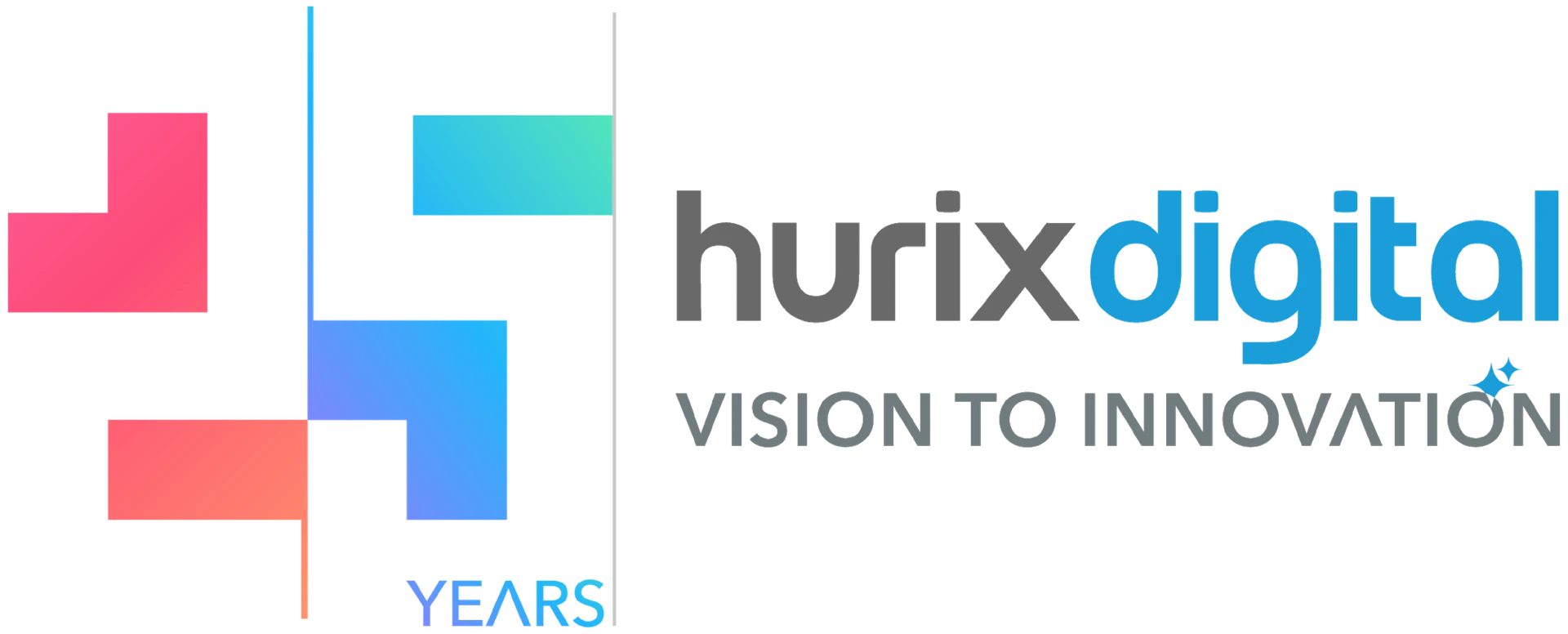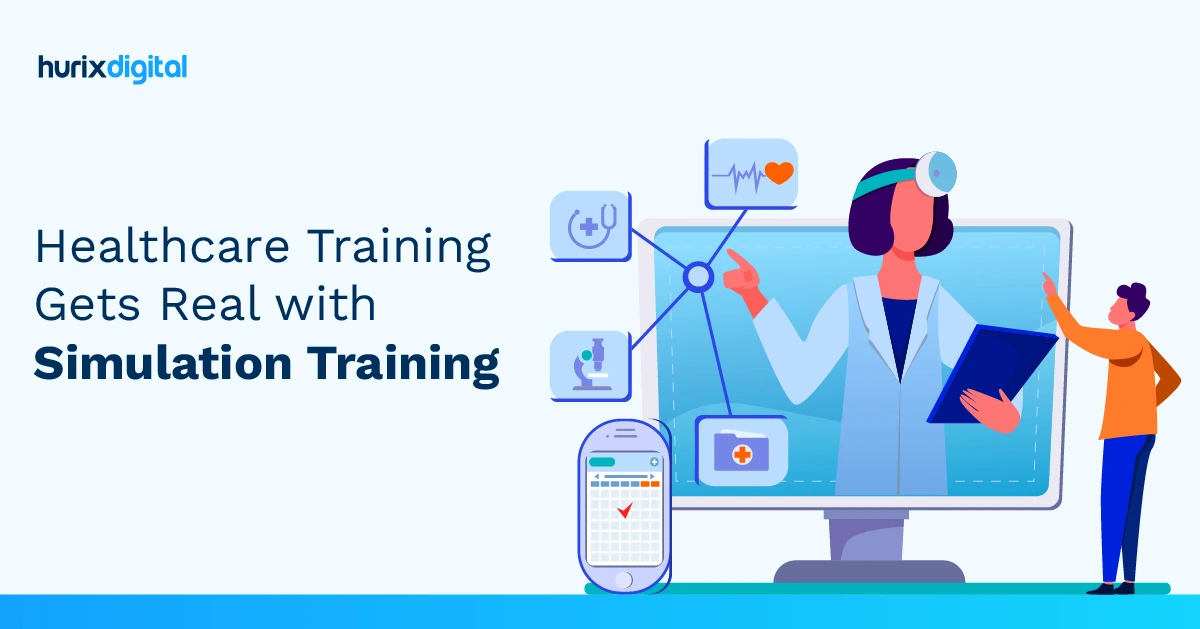
Conquer the NCLEX Exam with Next-Gen Content and Savvy Study Techniques for Modern Nurses
Summarize with:
Earning a nursing degree is a tremendous accomplishment, but your journey to becoming a licensed RN is not quite over. Passing the National Council Licensure Examination (NCLEX) is the final hurdle before you can embark on your rewarding career as a registered nurse.
While navigating this crucial step can seem daunting, understanding its structure, expectations, and effective NCLEX study strategies can empower you to conquer the nursing licensure exam.
With over 5.2 million registered nurses, the NCLEX-RN exam is the final hurdle for ambitious nurses pursuing their licenses. Passing this extensive test demonstrates your ability to provide safe and effective patient care.
Since April 2023, students preparing for the exam have faced a new challenge: the Next Generation NCLEX (NGNCLEX). Given that a change in the licensure exam forces a change in preparation and training, students tend to grow concerned, nervous, and anxious.
Table of Contents:
- What is NCLEX?
- NCLEX Simulation Test – An Overview
- 5 NCLEX Tips to Increase Your Likelihood of Success
- Introducing the NextGen NCLEX: A Paradigm Shift
- Reimagining Assessment Strategies for the NextGen NCLEX
- Benefits of NextGen NCLEX Content Development
- Preparing for the NextGen NCLEX: Implications for Nursing Schools and Students
- Conclusion
What is NCLEX?
The NCLEX is a unique test designed to assess your critical thinking skills and ensure you possess the necessary knowledge and competency to practice as an entry-level nurse.
A sobering trend emerged in the 2022 NCLEX-RN results, with pass rates plunging to their lowest levels in a decade. First-time test takers faced a particularly steep decline, their success rate dropping from 90.3% in 2012 to 79.9% in 2022 – a significant 10% dip. This downward trend is also evident in the overall pass rate for all candidates, which fell to 63.39% in 2023.
The overall pass rate for all test-takers suffered an even steeper fall, landing at just 63.39%, a nearly 13% fall from 2019. While these figures may raise concerns, mastering core nursing concepts and familiarizing yourself with effective NCLEX study strategies and formats are crucial to managing anxiety and optimizing performance.
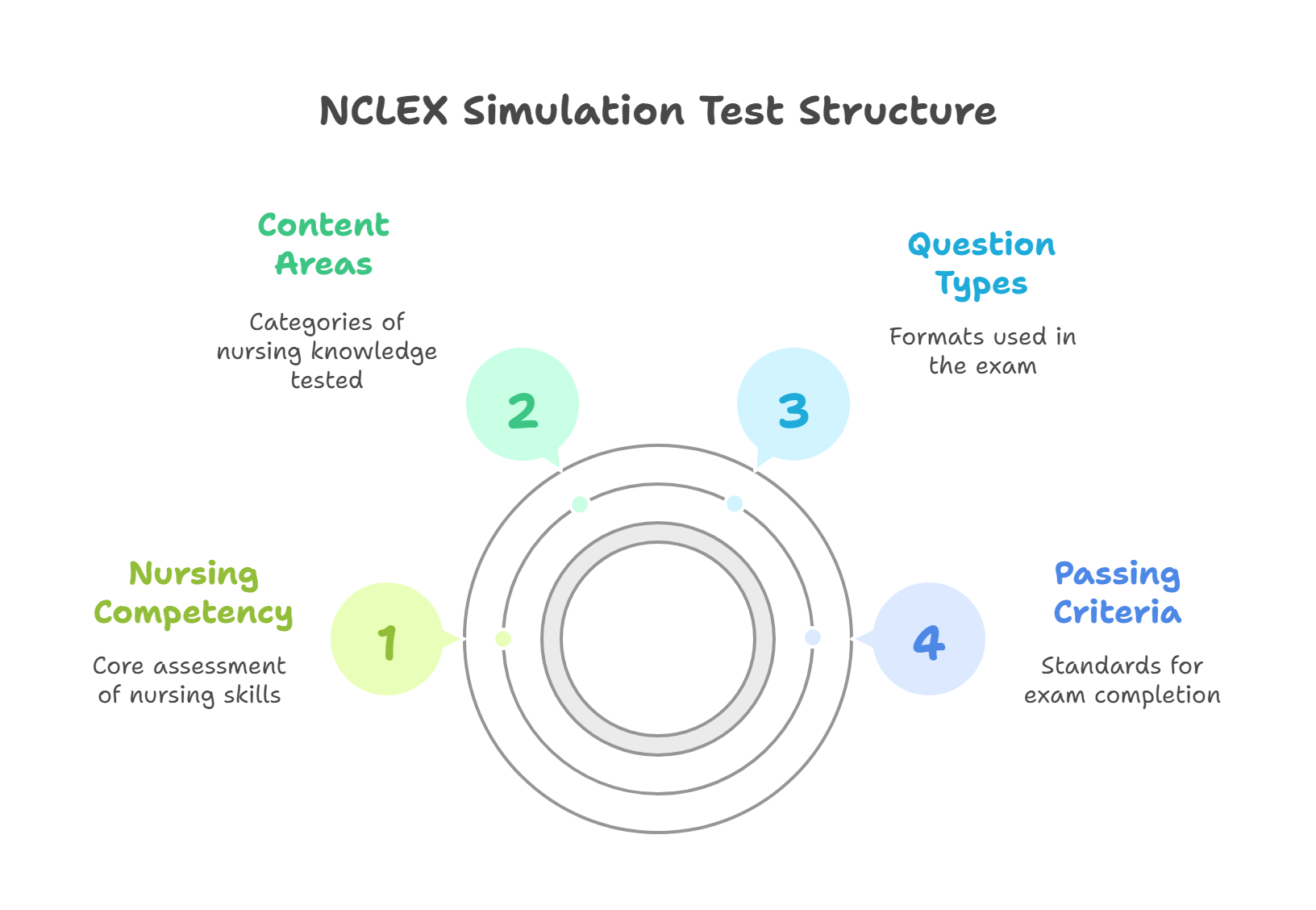
NCLEX Simulation Test – An Overview
The NCLEX-RN (National Council Licensure Examination for Registered Nurses) is a computer-adaptive test designed to assess your knowledge, skills, and abilities crucial for safe and effective nursing practice.
1. Format
The NCLEX simulation test features multiple-choice, fill-in-the-blank, exhibit-based, and hot spot (clickable image) questions covering various nursing concepts and scenarios.
2. Content Areas
Prepare to encounter questions across five categories: safe and effective care environment, client needs, physiological and psychosocial integrity, comprehensive care, and professional roles and responsibilities.
3. Passing Criteria
You will have a maximum of 5 hours to complete the exam.
The test concludes when the computer has gathered enough information (with 95% certainty) to determine whether you have met the passing standard.
4. Difficulty and Pass Rates
The NCLEX simulation test is designed to be challenging, ensuring nurses meet the required competency standards.
Remember, the exam’s adaptive nature means it adjusts to your level, so maintaining focus and effectively applying your knowledge is crucial.
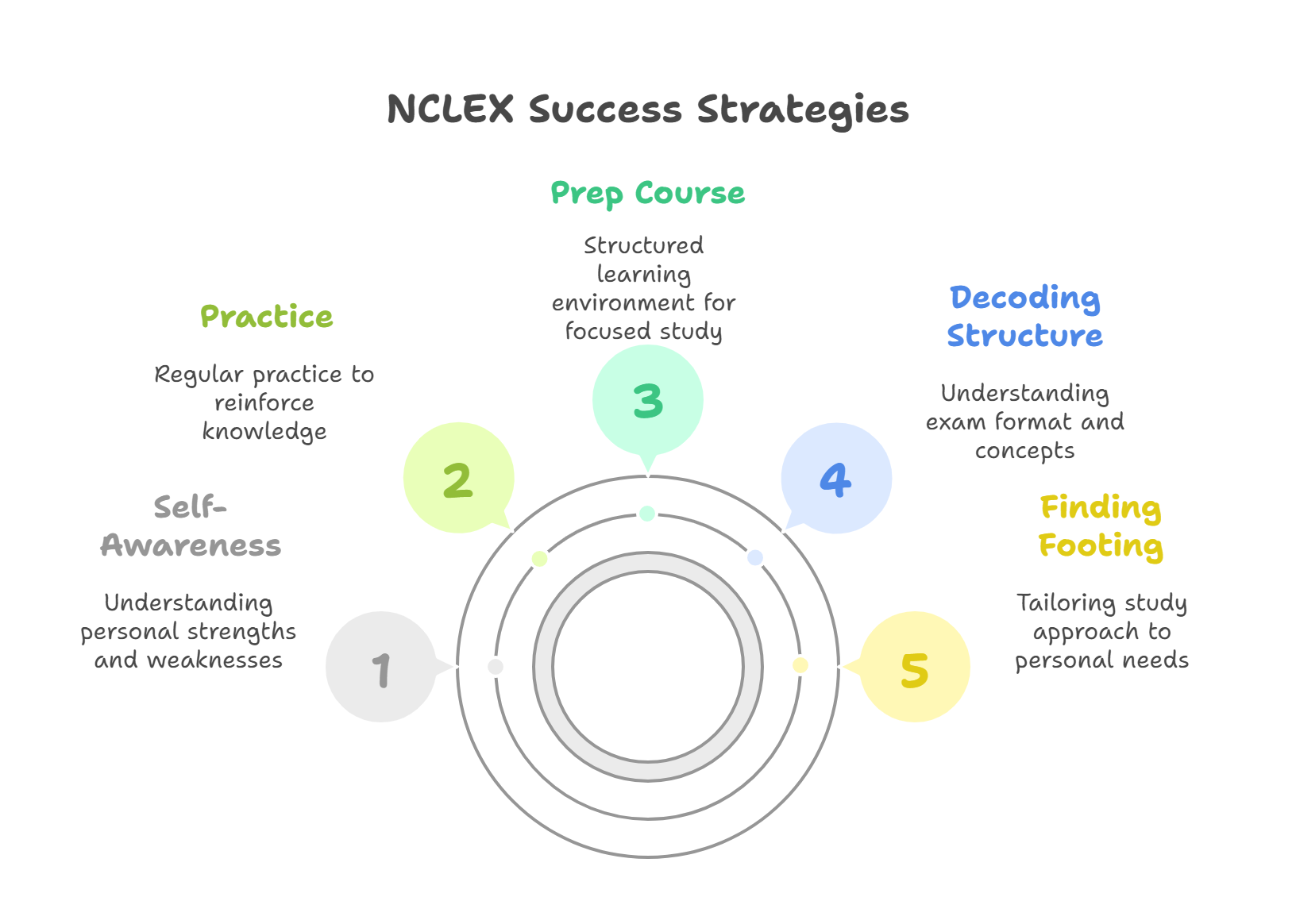
5 NCLEX Tips to Increase Your Likelihood of Success
With dedication, adequate preparation, a focus on adaptable skills, and the right NCLEX tips, you can join their ranks and embark on your dream nursing career.
1. Find Your Footing
Every nurse’s journey is unique, and so is the ideal window for tackling this crucial exam.
- Recent Graduates: An immediate test date may benefit nursing program graduates with comprehensive NCLEX review coursework.
- Seeking Further Preparation: Individuals requiring additional study time should feel empowered to schedule the exam at their own pace, prioritizing thorough knowledge acquisition over speed. Remember to factor financial and emotional well-being into your timeline.
- Strategic Registration: Test registration windows typically open six weeks before program completion. Plan to register when your preferred date becomes available, aligning it with your desired study timeline.
- Investing in Preparation: Give yourself enough hours to feel confident and comfortable with the material. Avoid last-minute cramming and create an NCLEX study plan that suits your learning style. Find a conducive environment and integrate regular breaks to stay focused and retain information.
- Gradual Progress: While your nursing exam preparation should include elements of challenge, it should also build a sense of steady progress. Set manageable goals, track your learning journey, and consistently push yourself to refine your knowledge and skills.
- Timely Motivation: Scheduling the NCLEX exam within a reasonable time frame can provide a healthy dose of pressure, motivating you to stay focused and avoid procrastination.
- Sharing Knowledge: Online forums and resources often offer valuable study schedules and insights from past NCLEX exam takers. Utilize these resources to learn from their experiences and tailor your approach accordingly.
- Personalized Learning: Recognize that each student learns uniquely. Experiment with different study methods and materials to identify which NCLEX study strategies reinforce your understanding and retention of key concepts.
2. Decoding the Structure
Knowledge is power, and knowing what to expect can calm NCLEX test anxiety:
- Computerized Adaptive Testing (CAT): The NCLEX exam utilizes a CAT format; it adjusts to your performance in real-time. Each question is selected based on your previous responses, creating a unique test experience. A prolonged test does not necessarily indicate failure. Stay focused on each question, and remember that the test continues as long as you are in contention for a passing score.
- Focus on Understanding Concepts: Rote memorization is less effective than grasping the underlying principles. With the rise of inclusive and varied forms of learning with the help of technology, it is easy to find a method and mode of study that works well for you.
- Do Not Overthink During the Exam: Trust your knowledge and instincts, and avoid dwelling on past questions.
- Each Question is Equally Important: Approach every question with focus and care, regardless of perceived difficulty.
Utilize the National Council of State Boards of Nursing’s content breakdown, with its percentage ranges for each category, to assess your existing knowledge and pinpoint areas requiring focused study in preparation for the NCLEX exam.
3. Practice Makes Perfect: Prep Resources and Study Plan
NCLEX prep books and study aids provide comprehensive content review and practice questions aligned with the exam format.
- Seek Out Reliable Resources: The internet offers a wealth of NCLEX-aligned study guides and practice tests. Choose reputable sources and curate a diverse collection of materials for your nursing exam preparation. For example, immersive learning can be extremely helpful for knowledge retention – find courses that best enable you to understand concepts.
- Craft your NCLEX Study Plan: Schedule dedicated practice test sessions in your NCLEX Study Plan to assess your knowledge and identify areas for improvement. Combine these with focused reading and review of study materials. Remember to factor in downtime for optimal information absorption.
- Team Up: Consider partnering with a fellow nursing student for the nursing exam preparation. Studying together can be rewarding and productive. You can quiz each other, discuss challenging concepts, and leverage your strengths to overcome your weaknesses.
- Mutual Benefits: Studying with a partner can make memorization efficient. By sharing resources and insights, you can collectively enhance your understanding and boost your confidence heading into the exam.
4. Take a Prep Course
While some graduates may confidently dive into nursing exam preparation, others might seek additional support beyond their nursing program.
Online courses are incredibly effective for those who did not immediately tackle the NCLEX exam after graduation and offer a valuable bridge toward exam success. While recently graduated nurses may hold fresh memories of the material, prep courses effectively refresh and solidify knowledge, especially if some time has passed.
- Hassle-Free: These courses’ structured framework eliminates the need to independently gather study materials and organize notes, saving valuable time and ensuring focused preparation.
- Formalized Schedule: Prep courses provide a pre-defined NCLEX study plan, ensuring dedicated time for review and practice. It can be helpful, particularly for individuals who find carving out study hours amidst other commitments challenging.
- Guided Curriculum: The structured curriculum takes the guesswork out of preparation, guiding you through key concepts and NCLEX study strategies in a logical manner.
- Environment for Concentration: Whether online or in-person, prep courses offer dedicated learning spaces to minimize distractions and maximize focus, fostering engagement with the material.
- Cost Considerations: Nursing exam preparation courses can be a significant financial investment. However, the assurance of a structured learning environment, qualified instructors, and personalized support proves invaluable for many students.
- Stress Reduction: Prep courses can alleviate the stress of independently navigating nursing exam preparation, offering a clear path to success and boosting confidence for test day.
5. Self-Awareness
Cracking the nursing licensure exam requires honest self-assessment.
Successful test takers:
- Master the Content: They prioritize deep understanding over rote memorization.
- Embrace Uncertainty: They confidently tackle tough questions, analyzing options before choosing.
- Laser Focus: They stay present with each question, avoiding distractions and gut feelings.
Unsuccessful candidates often:
- Jump to Conclusions: They assume they know it all or give up too easily
- Memorize, Not Comprehend: They rely on recall, missing deeper understanding.
- React Without Reasoning: They choose answers based on hunches or past experiences, not nursing principles.
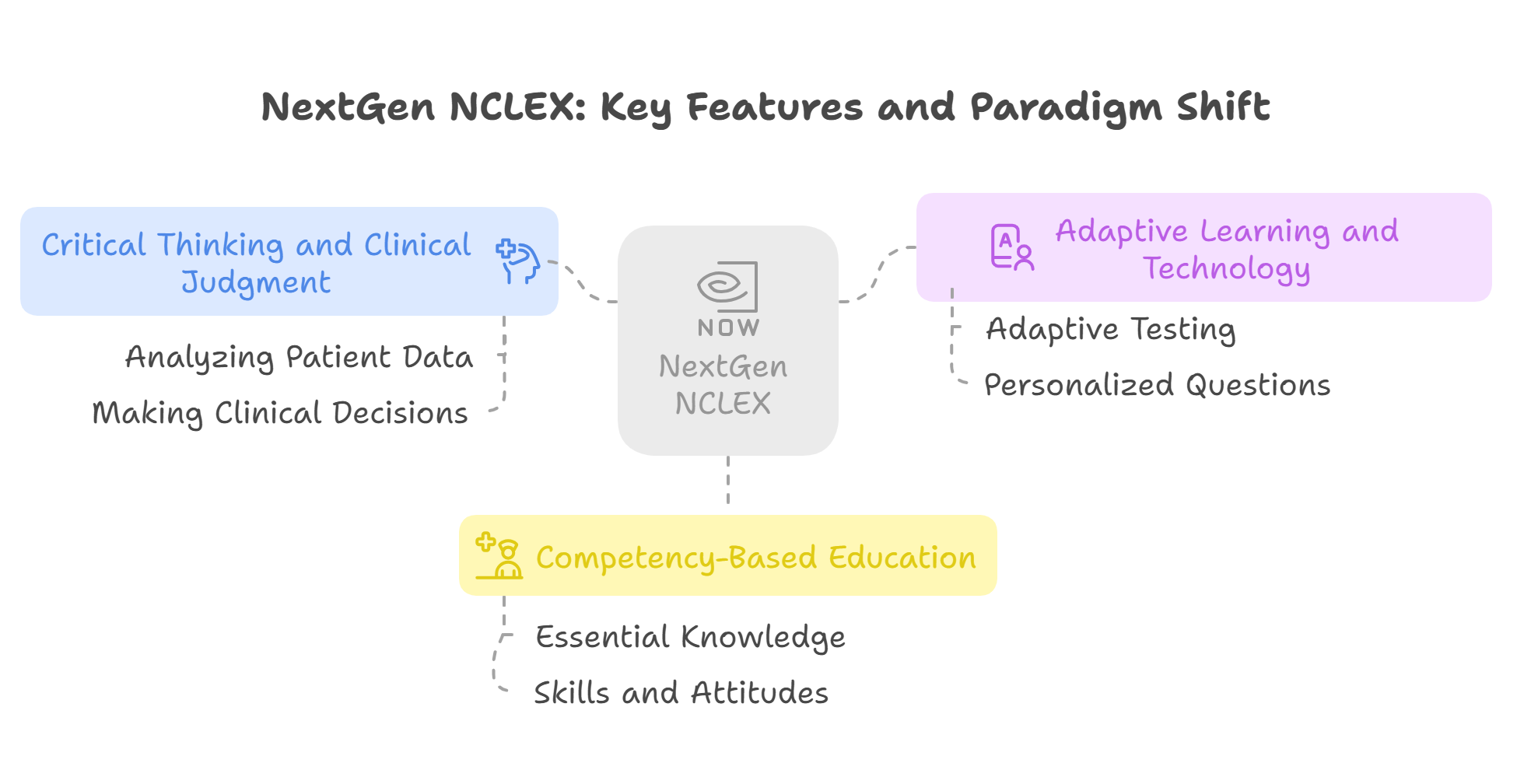
Introducing the NextGen NCLEX: A Paradigm Shift
The NextGen NCLEX represents a significant departure from the traditional NCLEX format. Here are some key features that embody this paradigm shift:
1. Focus on Critical Thinking and Clinical Judgment
The NextGen NCLEX emphasizes assessing a candidate’s ability to think critically, analyze patient data, and make sound clinical decisions. This shift moves away from rote memorization and emphasizes applying knowledge to solve complex problems.
2. Embracing Adaptive Learning and Technology
The NextGen NCLEX leverages adaptive testing technology. The exam tailors its questions based on a candidate’s performance, ensuring a more accurate assessment of their abilities. Imagine an exam that adjusts to your strengths and weaknesses, providing a more nuanced evaluation of your readiness for nursing practice.
3. A Shift Towards Competency-Based Education
The NextGen NCLEX aligns with the growing trend towards competency-based nursing education. This approach focuses on ensuring graduates possess the essential knowledge, skills, and attitudes to excel as nurses, preparing them to navigate the complexities of the healthcare environment.
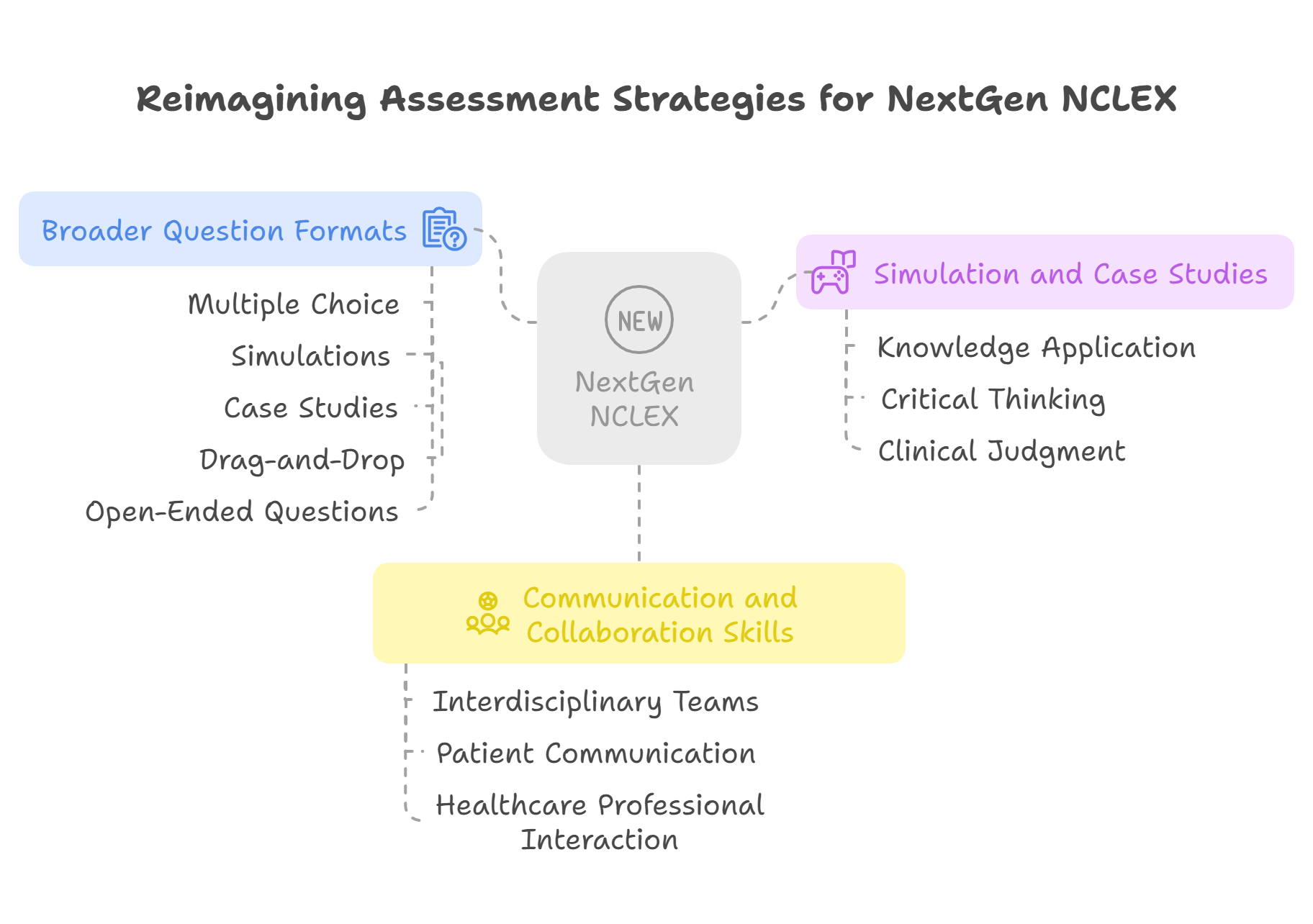
Reimagining Assessment Strategies for the NextGen NCLEX
The NextGen NCLEX necessitates reevaluating traditional assessment strategies in nursing education. Here are some potential changes:
1. The Move from Multiple Choice to a Broader Spectrum
While multiple-choice questions might still be present, the NextGen NCLEX will likely incorporate a wider variety of question formats. This could include simulations, case studies, drag-and-drop activities, and even open-ended questions mimicking real-world decision-making scenarios nurses encounter.
2. Integration of Simulation and Case Studies
Nursing programs will likely integrate more simulation experiences and case studies into their nursing curriculum. These immersive learning tools allow students to apply their knowledge, hone critical thinking skills, and practice clinical judgment in a safe environment.
3. Emphasis on Communication and Collaboration Skills
The NextGen NCLEX might place greater emphasis on assessing a candidate’s communication and collaboration skills. Nurses often work within interdisciplinary healthcare teams, requiring them to effectively communicate with patients, doctors, and other healthcare professionals. Nursing programs can incorporate activities that foster these crucial skills.
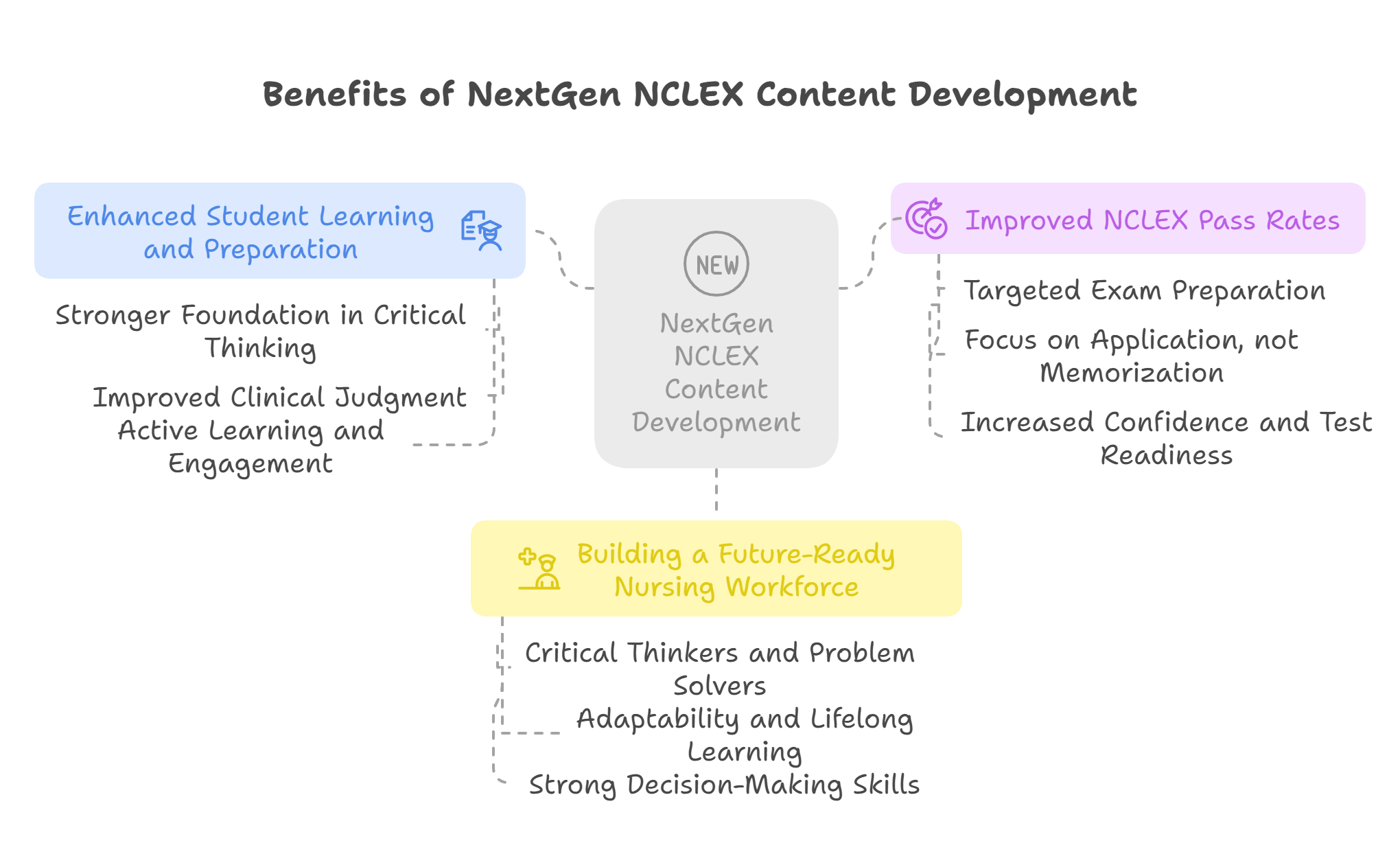
Benefits of NextGen NCLEX Content Development
The evolution of content development to align with the NextGen NCLEX offers a multitude of advantages, not just for nursing education but for the future of the healthcare industry:
1. Enhanced Student Learning and Preparation
The shift in content development strategies fosters a deeper level of learning and prepares students more effectively for the rigors of the NextGen NCLEX:
- Stronger Foundation in Critical Thinking: By incorporating activities that encourage analysis, problem-solving, and application of knowledge, students develop critical thinking skills essential for success in the exam and beyond.
- Improved Clinical Judgment: Integration of real-world scenarios and case studies equips students to make sound judgments based on patient data and prioritize interventions effectively.
- Active Learning and Engagement: Interactive assessment tools and adaptive learning platforms keep students engaged and actively participating in the learning process, leading to a more comprehensive understanding of nursing concepts.
This enhanced learning experience cultivates a generation of nurses better equipped to think critically, analyze situations, and make informed decisions in dynamic clinical environments.
2. Improved NCLEX Pass Rates
NextGen NCLEX examination innovation is directly linked to improved pass rates for nursing graduates. Here’s how:
- Targeted Exam Preparation: Content aligns with the competencies and question styles tested on the NextGen NCLEX, ensuring students are familiar with the format and types of questions they will encounter.
- Focus on Application, not Memorization: By promoting a deeper understanding of concepts rather than rote memorization, students are better equipped to apply their knowledge to new situations, a skill crucial for success on the exam.
- Increased Confidence and Test Readiness: Engaging learning experiences and interactive assessments empower students to confidently approach the exam, knowing they possess the necessary skills and knowledge to excel.
Higher NCLEX pass rates translate to a faster influx of qualified nurses into the healthcare system, addressing the ever-growing demand for skilled professionals.
3. Building a Future-Ready Nursing Workforce
The NextGen NCLEX paves the way for a future-ready nursing workforce equipped to handle the complexities of the healthcare landscape:
- Critical Thinkers and Problem Solvers: The new focus on critical thinking fosters nurses who can analyze complex situations, identify problems, and develop innovative solutions, improving patient outcomes.
- Adaptability and Lifelong Learning: The emphasis on applying knowledge to real-world scenarios prepares nurses to adapt to evolving healthcare practices and technologies, promoting lifelong learning.
- Strong Decision-Making Skills: NextGen NCLEX content development fosters confident decision-makers, empowering nurses to make sound clinical judgments based on evidence and patient data.
By ensuring graduates possess these essential skills, nursing programs contribute to a future workforce that promotes patient safety, delivers high-quality care, and adapts to the ever-changing healthcare environment.
Preparing for the NextGen NCLEX: Implications for Nursing Schools and Students
The transition to the NextGen NCLEX necessitates adjustments from both nursing schools and students:
For Nursing Schools:
- Curriculum revisions to prioritize critical thinking, clinical judgment, and competency-based learning.
- Integration of adaptive learning technologies and simulation experiences into the curriculum.
- Enhancing assessment strategies to include a wider variety of question formats and skills evaluation.
For Students:
- Actively develop critical thinking and clinical judgment skills through case studies and simulations.
- Embrace technology and explore adaptive learning resources to prepare for the NextGen NCLEX format.
Conclusion
By embracing innovative approaches that prioritize critical thinking, real-world scenarios, and competency-based learning, educators can empower future nurses with the skills and knowledge to excel in this new era of assessment.
These new content development strategies not only enhance student learning and improve NCLEX pass rates but also contribute to building a future-ready nursing workforce equipped to meet the evolving needs of the healthcare system.
Are you a nursing educator seeking to revamp your curriculum and prepare students for the NextGen NCLEX? Hurix Digital offers a comprehensive suite of services, including curriculum development, interactive learning tools, and assessment strategies aligned with the NextGen NCLEX framework.
Contact us today to nurture a generation of exceptional nurses.
Summarize with:

Senior Vice President – Business Development
at Hurix Digital, with over 25 years of experience in EdTech and workforce learning. He excels in business development, customer relationship management, and scaling digital learning solutions, driving global growth through innovative content, simulations, and AI‑driven training offerings
 A Space for Thoughtful
A Space for Thoughtful 